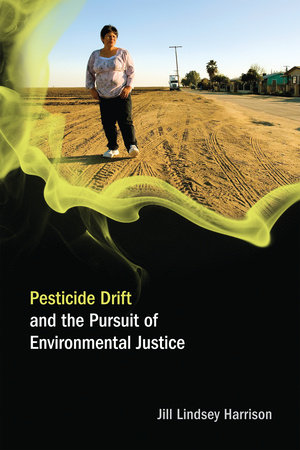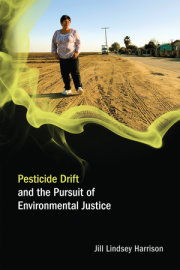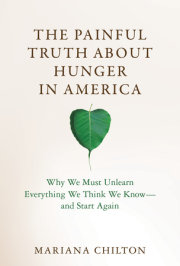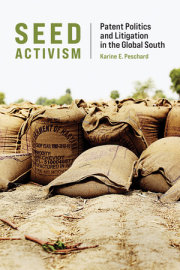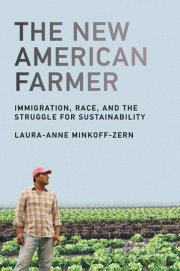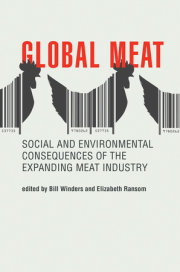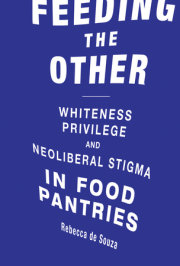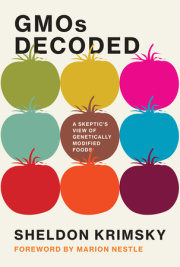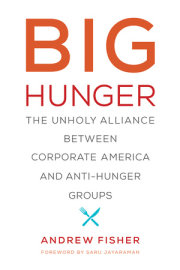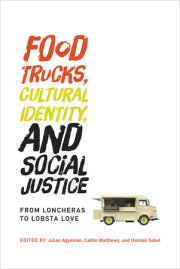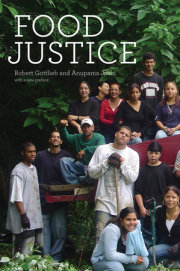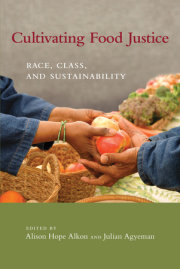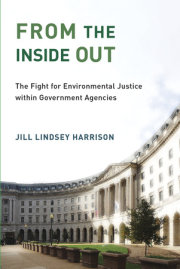An examination of political conflicts over pesticide drift and the differing conceptions of justice held by industry, regulators, and activists.The widespread but virtually invisible problem of pesticide drift—the airborne movement of agricultural pesticides into residential areas—has fueled grassroots activism from Maine to Hawaii. Pesticide drift accidents have terrified and sickened many living in the country's most marginalized and vulnerable communities. In this book, Jill Lindsey Harrison considers political conflicts over pesticide drift in California, using them to illuminate the broader problem and its potential solutions.
The fact that pesticide pollution and illnesses associated with it disproportionately affect the poor and the powerless raises questions of environmental justice (and political injustice). Despite California's impressive record of environmental protection, massive pesticide regulatory apparatus, and booming organic farming industry, pesticide-related accidents and illnesses continue unabated. To unpack this conundrum, Harrison examines the conceptions of justice that increasingly shape environmental politics and finds that California's agricultural industry, regulators, and pesticide drift activists hold different, and conflicting, notions of what justice looks like.
Drawing on her own extensive ethnographic research as well as in-depth interviews with regulators, activists, scientists, and public health practitioners, Harrison examines the ways industry, regulatory agencies, and different kinds of activists address pesticide drift, connecting their efforts to communitarian and libertarian conceptions of justice. The approach taken by pesticide drift activists, she finds, not only critiques theories of justice undergirding mainstream sustainable-agriculture activism, but also offers an entirely new notion of what justice means. To solve seemingly intractable environmental problems such as pesticide drift, Harrison argues, we need a different kind of environmental justice. She proposes the precautionary principle as a framework for effectively and justly addressing environmental inequities in the everyday work of environmental regulatory institutions.

